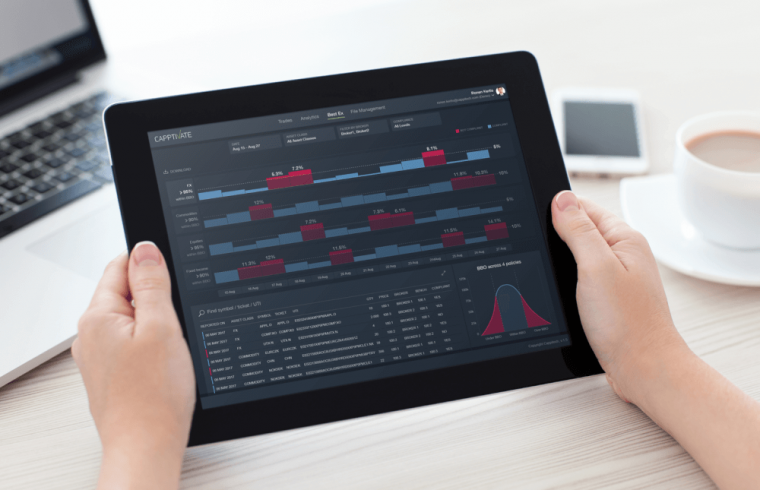“We’ve rigorously tested each of IS Zero’s enhancements in randomized, controlled A/B testing including more than $20B in executions, and the results consistently demonstrate IS Zero’s superior ability to reduce IS over VWAP.”
BestEx Research has launched IS Zero, an algorithm designed to revolutionize the approach to minimizing implementation shortfall (IS) in trading.
IS Zero marks an evolution from the traditional volume-weighted average price (VWAP) algorithm, a mainstay in handling low-urgency orders.
What is Implementation shortfall (IS)
Implementation shortfall (IS) in trading refers to the difference between the decision price and the final execution price of a trade, including all associated costs and delays. It’s a measure used to evaluate the efficiency and effectiveness of trade execution. Here’s a breakdown:
Decision Price: This is the price of the asset at the time when the decision to trade was made. It’s the benchmark against which the success of the trade execution is measured.
Execution Price: This is the actual price at which the trade is executed. It can vary from the decision price due to market movements and other factors.
Components of IS:
Explicit Costs: These include brokerage fees, taxes, and other direct costs.
Market Impact Costs: The effect of the trade on the market price. For large orders, buying can drive the price up, and selling can drive it down, leading to less favorable execution prices.
Delay Costs: The cost associated with the time lag between the decision to trade and the actual execution. Prices can change during this period.
Opportunity Cost: The cost incurred if the trade is not executed promptly or fully, resulting in missing potential profits.
Understanding and minimizing IS is crucial for traders, particularly institutional investors, as it directly impacts the returns of their trading strategies. High IS indicates inefficiency in trading, leading to higher costs and lower returns. Traders use various strategies and tools, like algorithmic trading solutions, to minimize IS. These solutions can help in executing large orders more efficiently, reducing market impact and delay costs.
Low-urgency orders: IS Zero or VWAP?
IS Zero emerges as a transformative tool in the realm of algorithmic trading. It is specially crafted to minimize IS, particularly for low-urgency orders.
Historically, such orders have been executed using VWAP algorithms, focusing on matching the market’s average price, often leading to inefficiencies and higher costs due to a mismatch in trading objectives. IS Zero addresses this gap, aligning with the primary goal of reducing IS for these orders.
Unlike VWAP, which strictly adheres to a trading schedule without considering order urgency, IS Zero incorporates strategic enhancements. These include a trade plan prioritizing minimal market impact, dynamic schedule adjustments based on stock liquidity, and expanded liquidity provision in Alternative Trading Systems (ATSs) and exchanges.
IS Zero better than VWAP to reduce IS?
Hitesh Mittal, Founder and CEO of BestEx Research, said: “A significant number of our VWAP clients prioritize arrival price performance, noting that conventional IS and liquidity-seeking algorithms can create unnecessary market impact when urgency is low. Traders need a solution that neither traditional IS algorithms nor VWAP provide. IS Zero is our answer, specifically engineered to address VWAP’s limitations in minimizing IS.”
“We’ve rigorously tested each of IS Zero’s enhancements in randomized, controlled A/B testing including more than $20B in executions, and the results consistently demonstrate IS Zero’s superior ability to reduce IS over VWAP.”
This development follows BestEx Research’s introduction of the Adaptive Optimal framework last year, enabling the creation of customized liquidity-seeking algorithms. With IS Zero, BestEx Research’s clients now have access to advanced solutions for both liquidity-seeking and minimizing IS in low-urgency orders.












